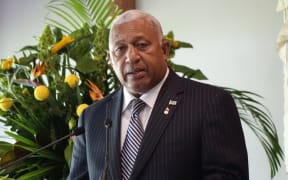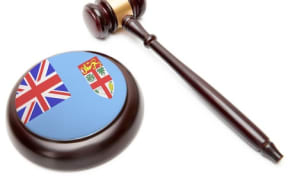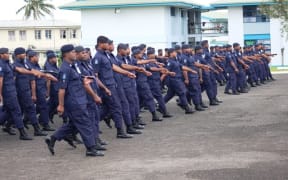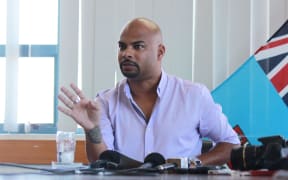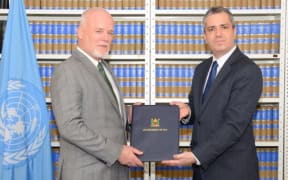A human rights advocate in Fiji has welcomed the Prime Minister's admission that torture and violence are an issue in the country but says now action needs to follow.
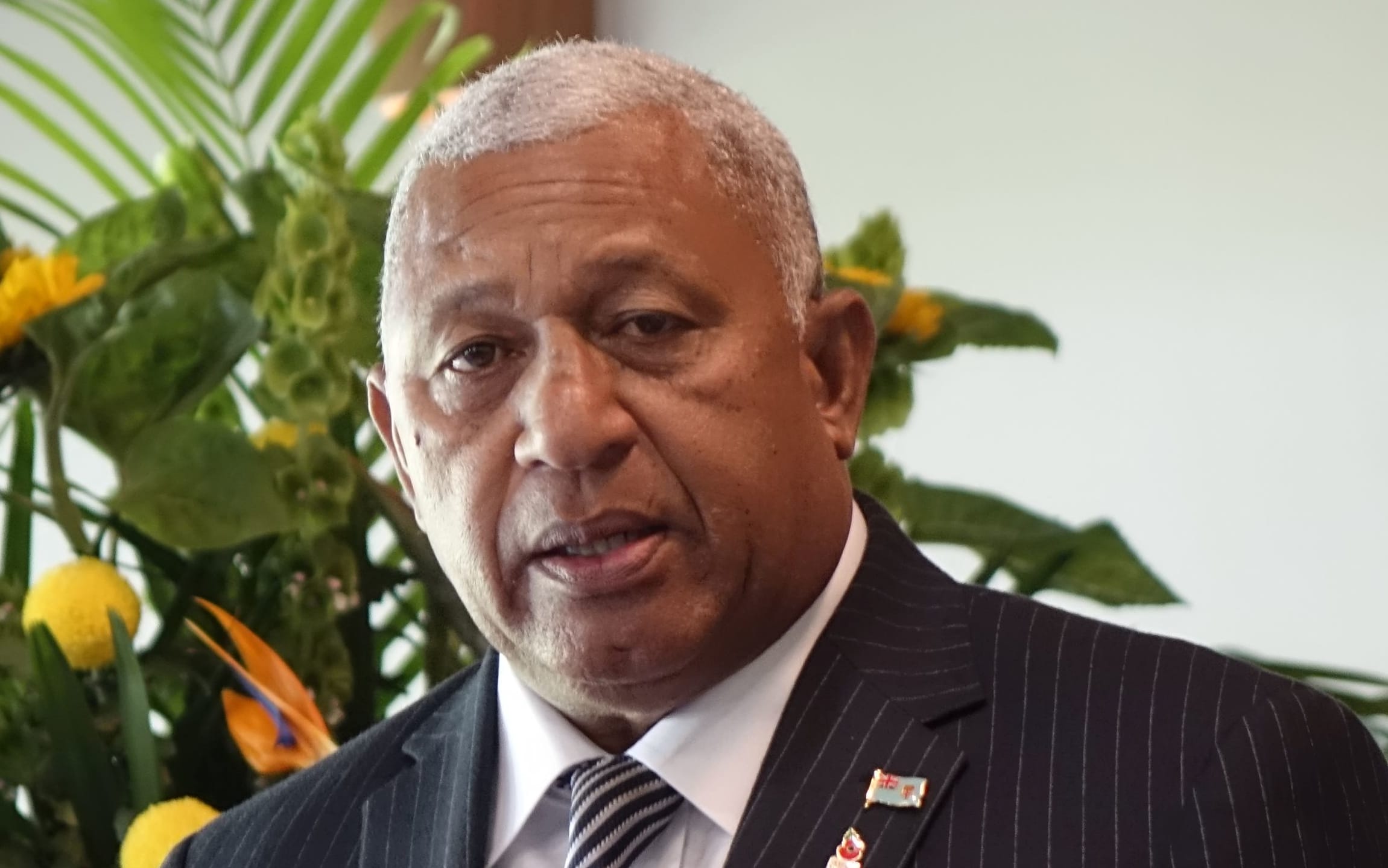
The Fiji Prime Minsiter Bainimarama says the country has had some problems with people taking the law into their own hands. Photo: Alex Perrottet / RNZ
While launching a workshop on the implementation of the United Nations Convention Against Torture, Frank Bainimarama admitted torture is an issue in Fiji.
He also said there has long been a culture of people resorting to violence, which can be directed against women in the home, instilling discipline in children or the police attempting to extract confessions from criminal suspects.
The secretary for the NGO Coalition on Human Rights Monica Waqanisau said the first step to any substantive transformative change is the admission of a problem.
Ms Waqanisau said the statement is an indication the government is making measures to comply with the convention against torture but it will take time to see change.
"It's been something that has been institutionalised and we have noticed that most of the reports that have come up have been allegations against State agents. We see this as a positive indicator but again, only time can tell if they will actually put this into action," she said.
Decrees violate human rights
An opposition MP said the Prime Minister cannot talk about addressing cases of torture and violence in the country when there are laws in place which infringe on human rights.
The National Federation Party's Biman Prasad said the comments meant it was now incumbent upon the government to review legislation that was put in place under Mr Bainimarama's military regime which restrict human rights.
"The Prime Minister can not give that kind of assurance, unless of course he also gives some of these draconian decrees like the Media Decree, the Public Order Amendment Decree, the Political Parties and other decrees that restrict freedom of assembly, freedom of speech and indeed curtail the human rights of people generally," he said.
